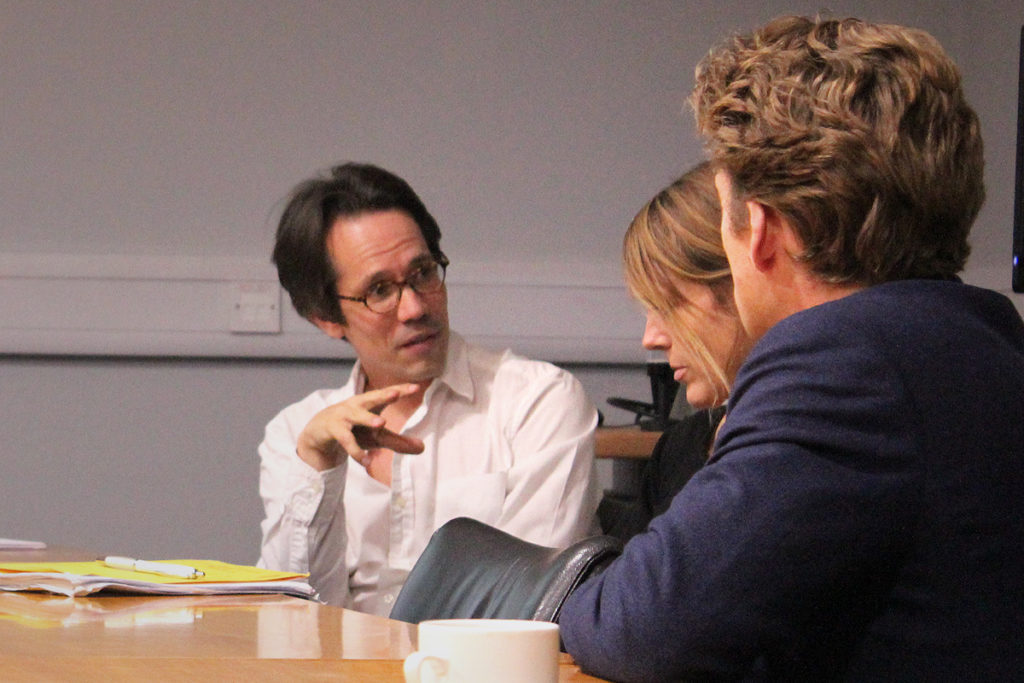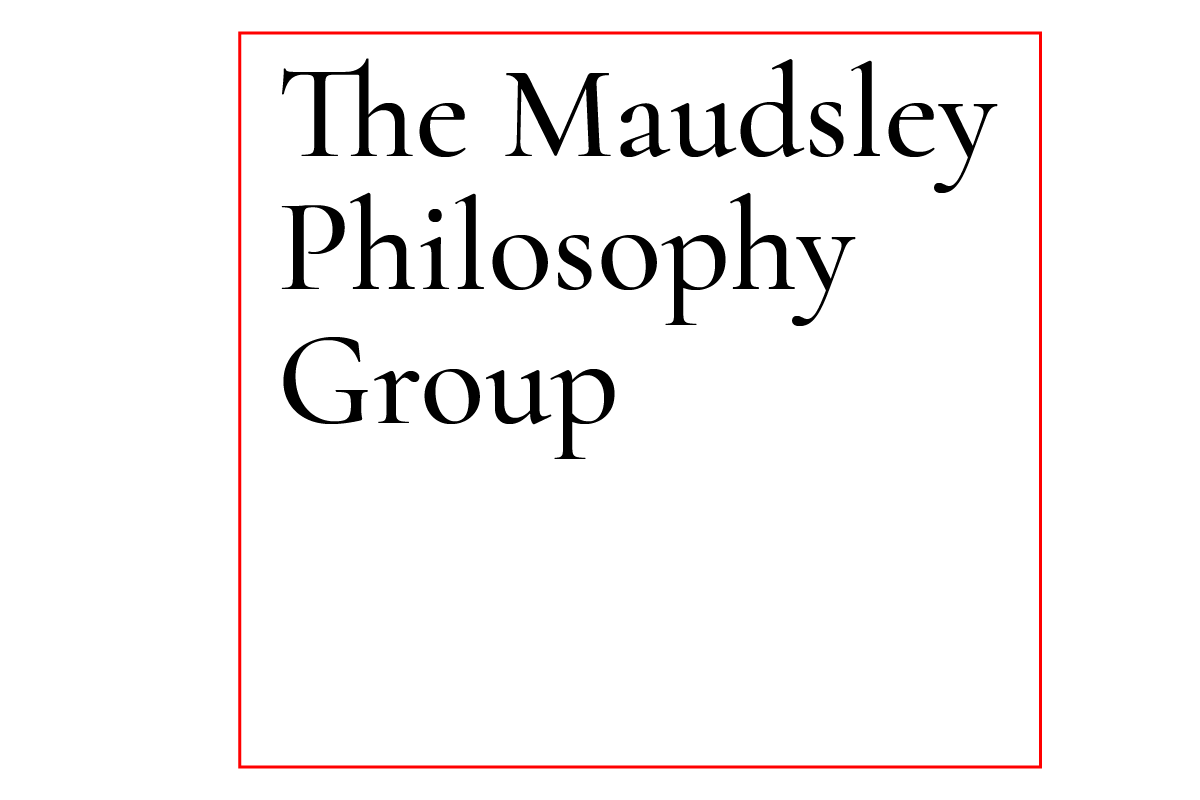Dr Gareth Owen
1 November 2018

Psychiatry has long attracted interpretations from cool, detached perspectives valuing objectivity (Kraepelin, Freud, Beck, Cassirer) to hotter, embodied perspectives valuing subjectivity (Reil, Laing, Foucault, Heidegger).
These two perspectives (‘classical’ and ‘romantic’) are now expressing themselves in psychiatry’s meeting point with law with different approaches taken to the decision-making of the mentally ill. A recent ‘classical’ achievement in this area is the Mental Capacity Act (2005) which lays out a test of decision-making capacity within a legal framework that has been described as “a masterpiece of legal clarity”. A recent romantic achievement has been the UN Convention on the Rights of Persons with Disabilities which emphatically asserts a social model of mental illness in which society, not the brain, is the true source of disabilities – a model with deep political ambiguities.
This seminar will probe the subjectivity of some disorders of mind and brain. What, for example, is it like to be a decision-maker under conditions of brain injury unaware of one’s deficits or a person with affective disorder fluctuating between experiences of the future as intensely dark and intensely bright? And how should others respond? It aims to use these forms of human experience to challenge the single mindedness of both classical and romantic perspectives and draw out implications for psychiatry as a branch of medicine interacting with law and society.
About the Speaker:
Dr Gareth Owen is a Trustee of the MPG. He leads the Wellcome Trust funded Mental Health and Justice Project – a collaborative research endeavour spanning psychiatry, law, ethics, neuroscience and social science/public policy. The project takes an interdisciplinary approach to two fundamental duties: the duty to protect people in contexts where they can be vulnerable, and the duty to respect their agency and autonomy. He did undergraduate studies in philosophy, physics and medicine and postgraduate psychiatry training at the Maudsley.
